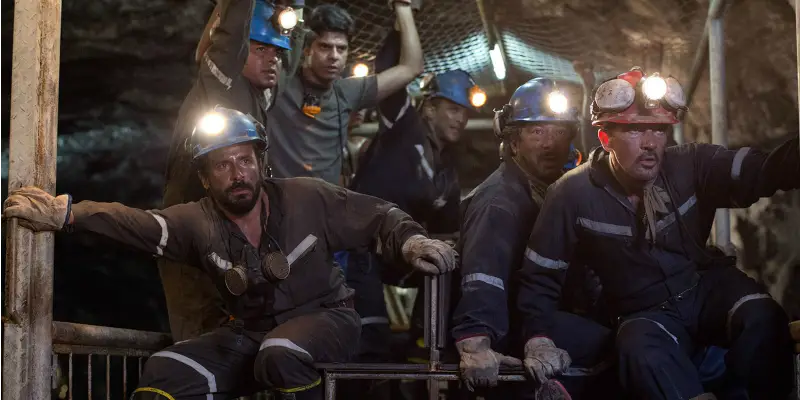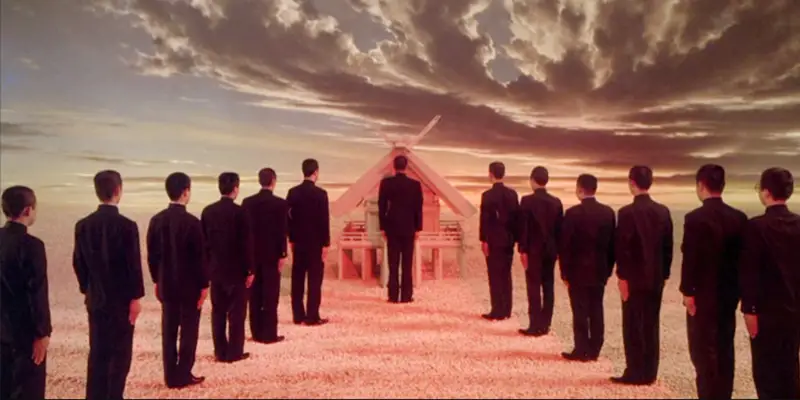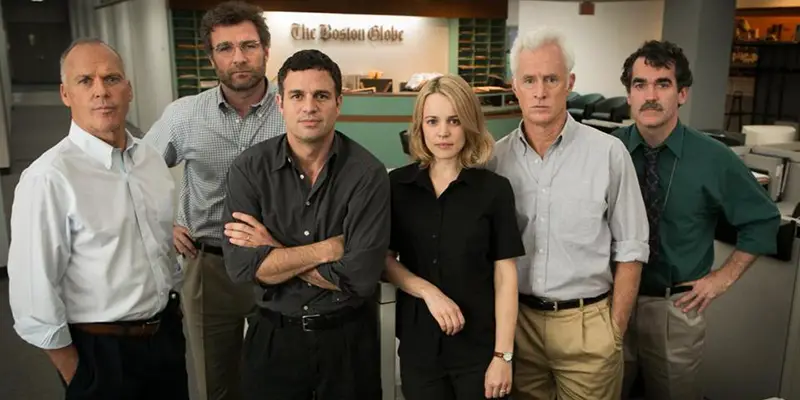biography

As bubbles fill the air surrounding world famous Red Square, and a young girl is seen relishing in their creation, one is likely to be filled with memories of their own bubble-oriented experiences of a normal, fondly recalled childhood, and imprint said associations onto the scene before them. They would then immediately be rebuked for their premature assumptions, as we travel back with the child to her home, and it is revealed not to be a house, apartment, or even a tent on the street, but a shack built in the heart of a garbage dump. “I’m alive, I cant simply die and go away.

I’m a big fan of a well-made sports biopic. Not being very athletic myself but fascinated with the world of sports science and laws of probability, I find I have a great interest in ‘the field’. That is why I was very excited to see that a biopic was being made of Lance Armstrong’s doping scandal and much heralded fall from grace.
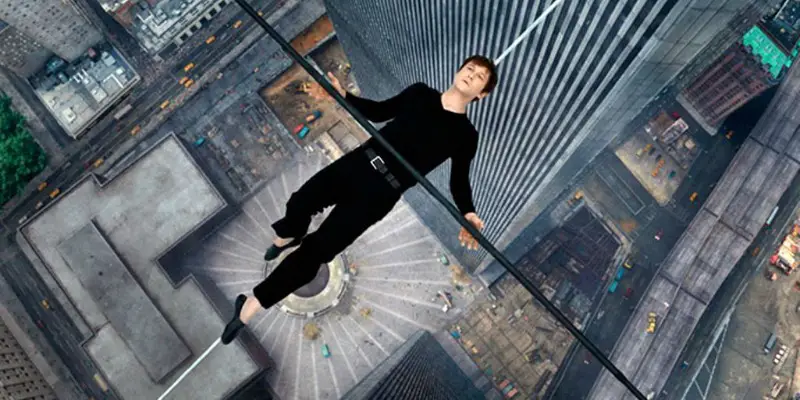
Remember when 3D movies dominated our cinematic landscape? No, not the 1980’s, where blurry red and blue glasses gave way to gimmicky horror films such as Jaws 3D and Amityville 3D. I’m also not talking about the early 2000’s, where 3D was turned over to children’s films, producing flops like Spy Kids 3 and The Polar Express.
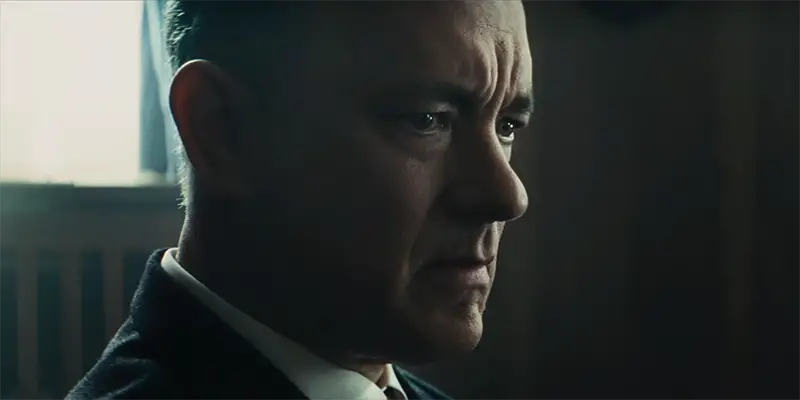
Bridge of Spies is not what I would call a happy film. Gray snow envelopes the dilapidated East German cityscape and we find Tom Hanks’s character interacting with others primarily in poorly lit, often dank rooms. Nearly all of the characters are entirely self-interested with blinders positioned perfectly to block out the undesired effects their actions can have on others.
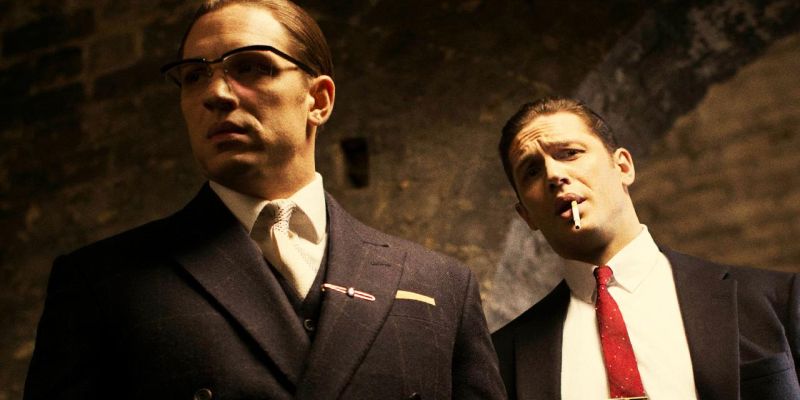
From the minute of its inception I had high hopes for Legend. An earlier attempt at a biopic of the infamous Kray twins has largely been forgotten, starring as it did the brothers from Spandau Ballet. But this one, starring Tom Hardy as both Ronnie and Reggie, with a plethora of great British actors in supporting roles, looked promising.
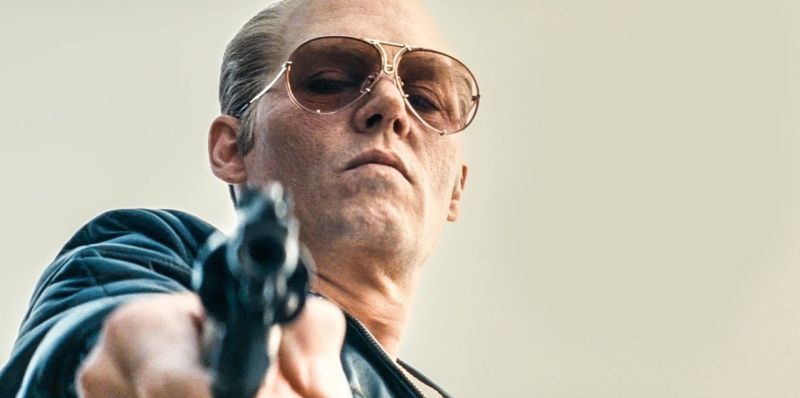
There is a right way and a wrong way to tell a gangster story. Some of the very best have utilized inventive camera techniques, are fueled by impressive acting talent, and are backed by an engaging, well-written screenplay. Black Mass attempts to be something great; yet, when thinking back to it, it’s likely only the acting that will be remembered.
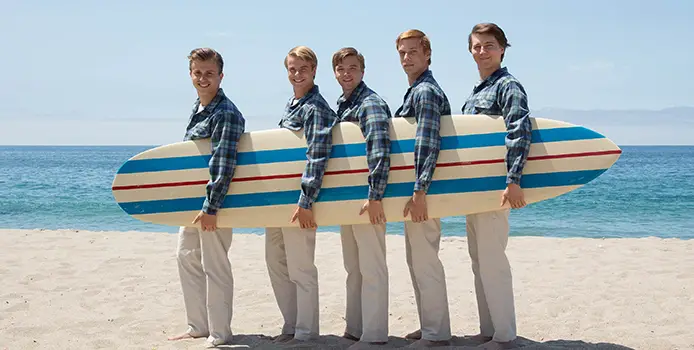
Ever since the glory days of silent cinema, Hollywood has been criticised of running out of ideas. This is why the biopic is the perfect genre for screenwriters and directors. A typical life doesn’t neatly fit into a simple three-act structure, but by highlighting an individual’s greatest successes, and framing them in a way that makes everything else inconsequential by comparison, you can turn something as uninteresting as somebody’s life into a thrilling drama.

Testament Of Youth is based on Vera Brittain’s memoir of the same name. Her book pays homage to her own losses while growing up during World War I, but also the great loss felt by her generation. Brittain’s book is perhaps unique in that in the UK we are often told about the loss of life during the war.
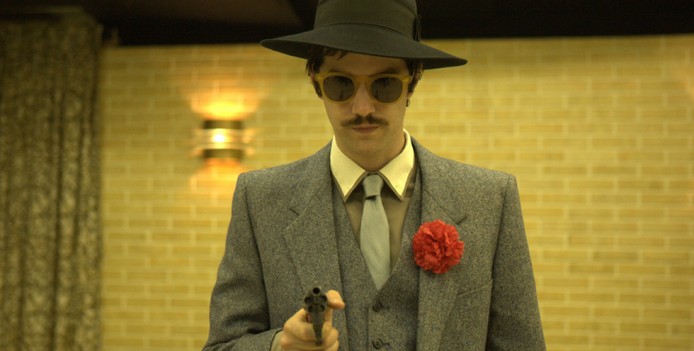
Electric Slide is based on the life of the bank robber Eddie Dodson. Originally a furniture salesman, Dodson found fame in 1983 when he robbed a number of banks – 64 banks in 9 months to be exact. Directed by Tristan Patterson (his first fiction feature film), it stars Jim Sturgess as Dodson and Isabel Lucas as his girlfriend Pauline.
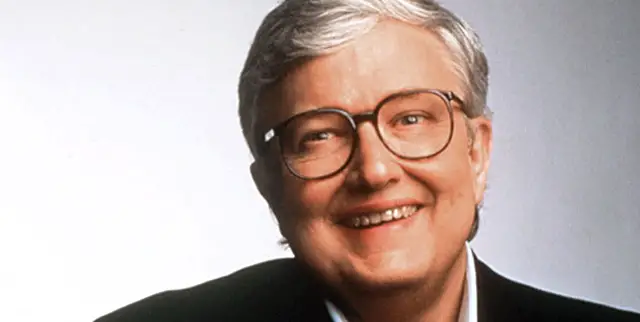
Life Itself is a superlatively crafted documentary that gives a compelling, poignant insight into Roger Ebert, while also delving into the subject of film criticism and its relationships with the film industry. When I want to see a film’s critical reception, I head for Rotten Tomatoes rather than IMDB, because the latter is saturated with fan-boys and uninformed opinion. Rotten Tomatoes introduced me to many different critics who wrote for reputable sources such as The Guardian, The New York Times and The Telegraph, but time and again I was drawn to the small thumbnail image of a white haired, bespectacled man who wrote for the Chicago Sun-Times.


